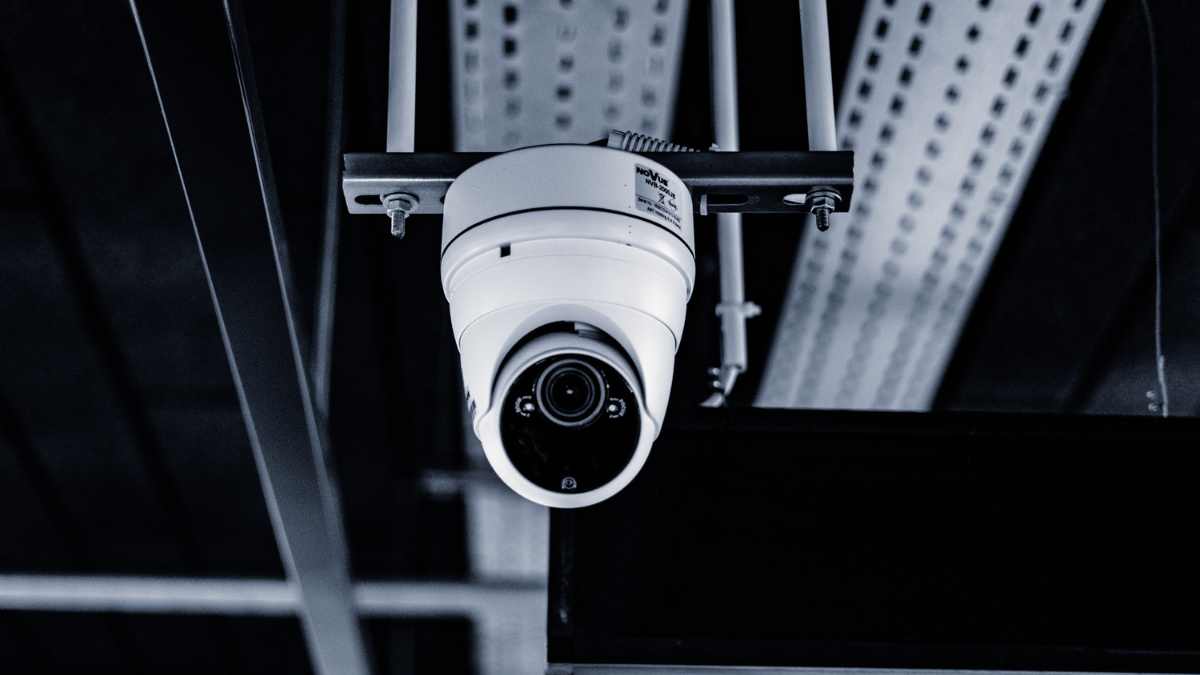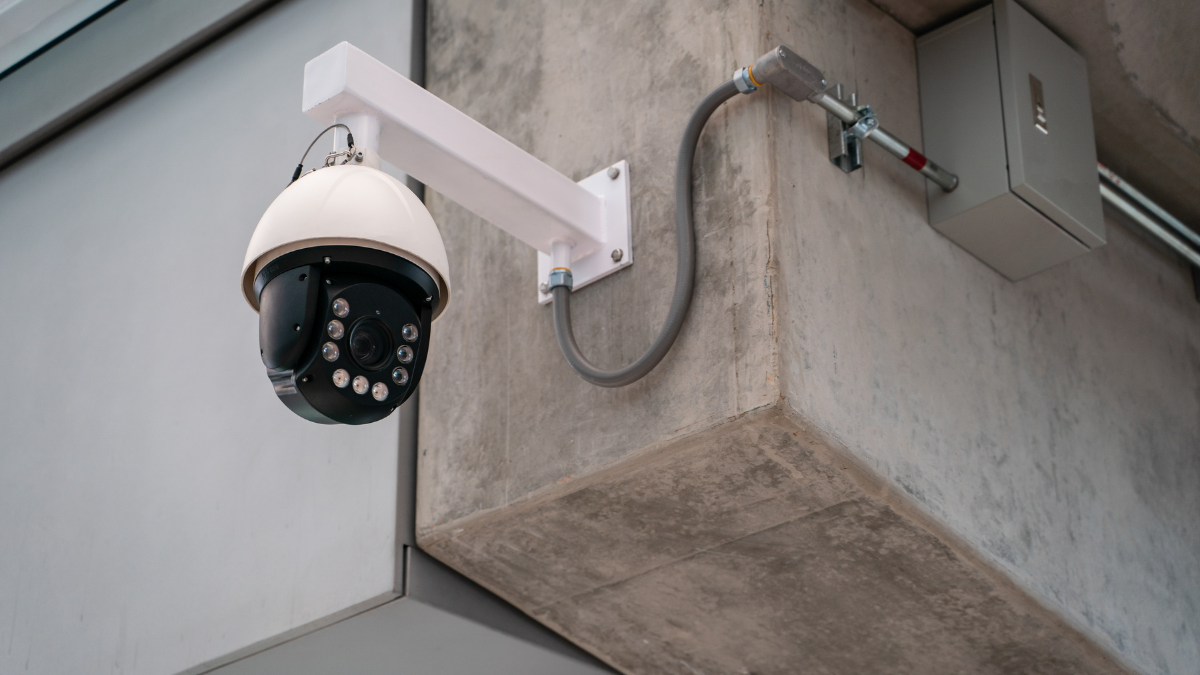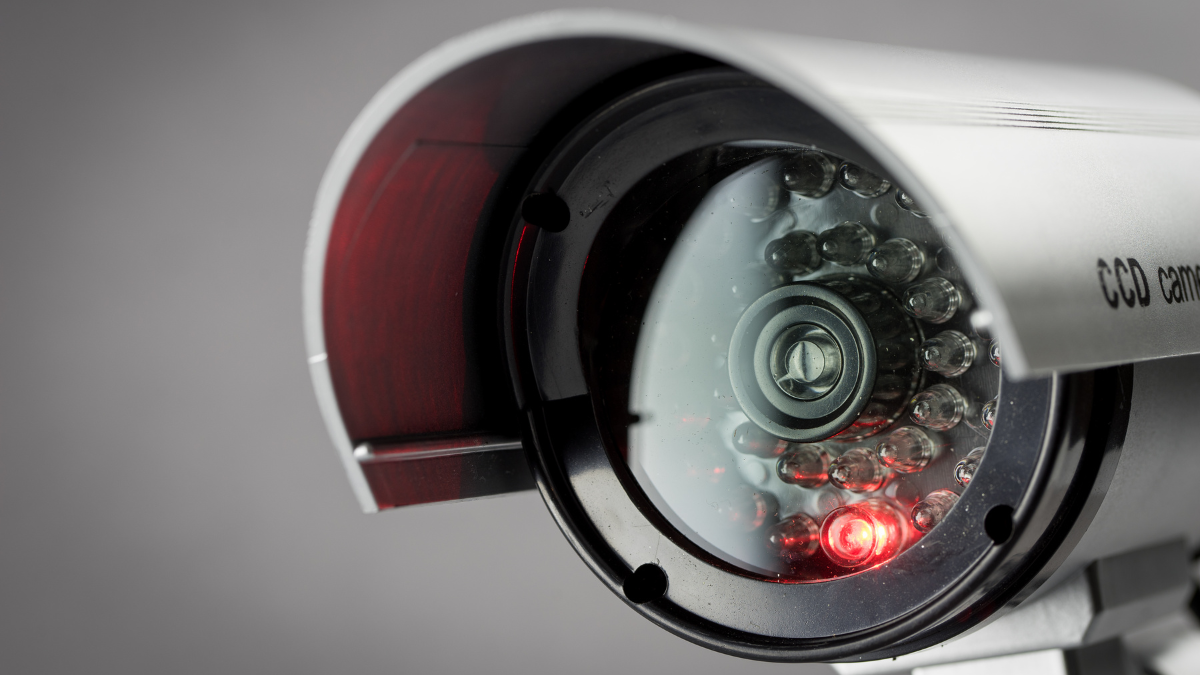IP camera CCTV has become one of the most popular solutions to the need for an intelligent security system in today’s digital era.
IP camera CCTV is an internet-based surveillance technology that is able to provide convenience, flexibility, and much better image quality than conventional CCTV systems.
Are you familiar with the IP camera CCTV? This article will discuss the definition, how it works, and the advantages of IP camera CCTV.
What is IP Camera CCTV?

IP camera or Internet Protocol camera is a type of digital security camera that receives and sends video recordings over the internet network.
In contrast to analog CCTV cameras which require coaxial cables and a DVR (Digital Video Recorder), IP cameras work fully digitally and can be directly connected to a local network or the internet.
IP camera CCTV will connect to the network in the same way as cellphones, computers, laptops, tablets, or printers. IP camera CCTV can be used in various needs, from households, and small offices, to large-scale surveillance systems in buildings or public areas.
In terms of quality, IP camera CCTV offers clearer footage with a resolution of up to 16MP. However, it depends on the camera model used.
How it Works?
The following is a general overview of how IP camera CCTV work:
- High-Quality Digital Image Capture: The camera records video in digital format with high resolution.
- Storage and Bandwidth Efficiency: The recorded video is then compressed to use more efficient bandwidth and storage space.
- Flexible Data Delivery: Video data is transmitted over a LAN (ethernet) or WiFi network to a storage device such as an NVR, NAS, or cloud.
- Remote Access and Monitoring: Users can view live or previously recorded videos through the app on various devices such as mobile phones, tablets, or computers.
This system allows remote monitoring without needing to be on-site, as long as there is a stable internet connection.
The Advantages of IP Cameras CCTV

Here are some of the advantages of using IP camera CCTV:
1. High image quality
The advantage of IP camera CCTV lies in their ability to produce high-resolution video recordings, including HD, Full HD, and even 4K. This superior image quality is very helpful in recognizing faces and important objects in detail.
2. Network connection
Relying on a wired Ethernet or wireless (WiFi) connection and Internet Protocol (IP) protocols, IP cameras offer the flexibility of access over a local network (LAN) or the Internet. This makes it easy for you to monitor your property from any location using an internet-based device such as a smartphone, tablet, or computer.
3. Easier remote access
You can monitor monitored locations from anywhere via a mobile application or web browser. So you don’t need to go to the control room to check CCTV footage. You can access the CCTV footage via smartphone or other device anywhere and anytime.
4. Flexible storage
IP cameras can use a variety of storage methods, including local storage on an SD card, network storage (Network Attached Storage/NAS), NVR, or secure cloud storage that can be accessed at any time. You can choose a storage method that suits your needs and ensures that recorded data remains safe.
5. Security system integration support
To improve overall security, IP cameras can be connected to a variety of other security systems, including motion sensors, alarms, and automatic door control systems.
Those are the definitions, functions, and benefits of IP camera CCTV that you can consider before deciding to use them.
Another thing to note is that IP camera CCTV on the market uses WiFi technology, this technology must pass the certification test from the Directorate General of Digital Infrastructure (DJID).
With DJID certification, users can feel calm about using a CCTV IP camera device whose quality and security are guaranteed. For manufacturers or importers of IP camera CCTV devices, obtaining certification from DJID is a mandatory step before the device can be officially marketed in Indonesia.
To simplify the certification process, you can use our Type Approval Services to assist with this process as a reliable solution. [UN]

